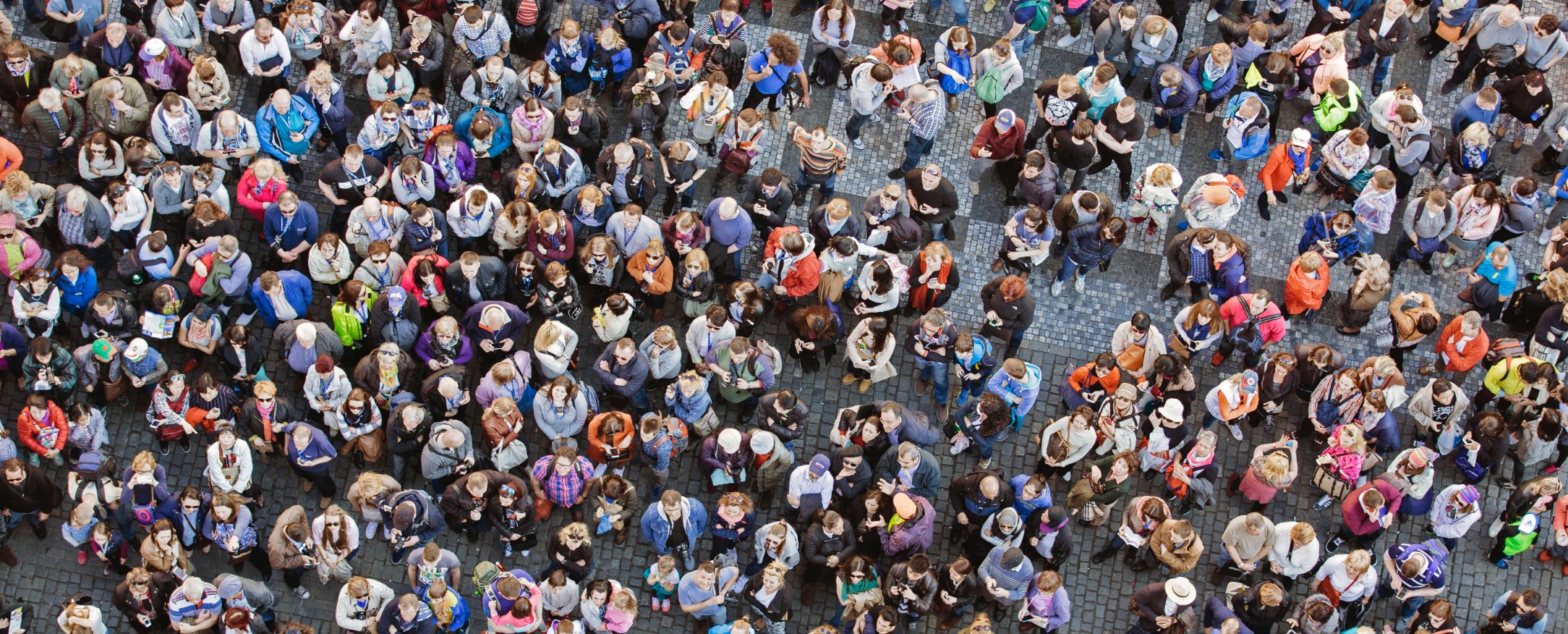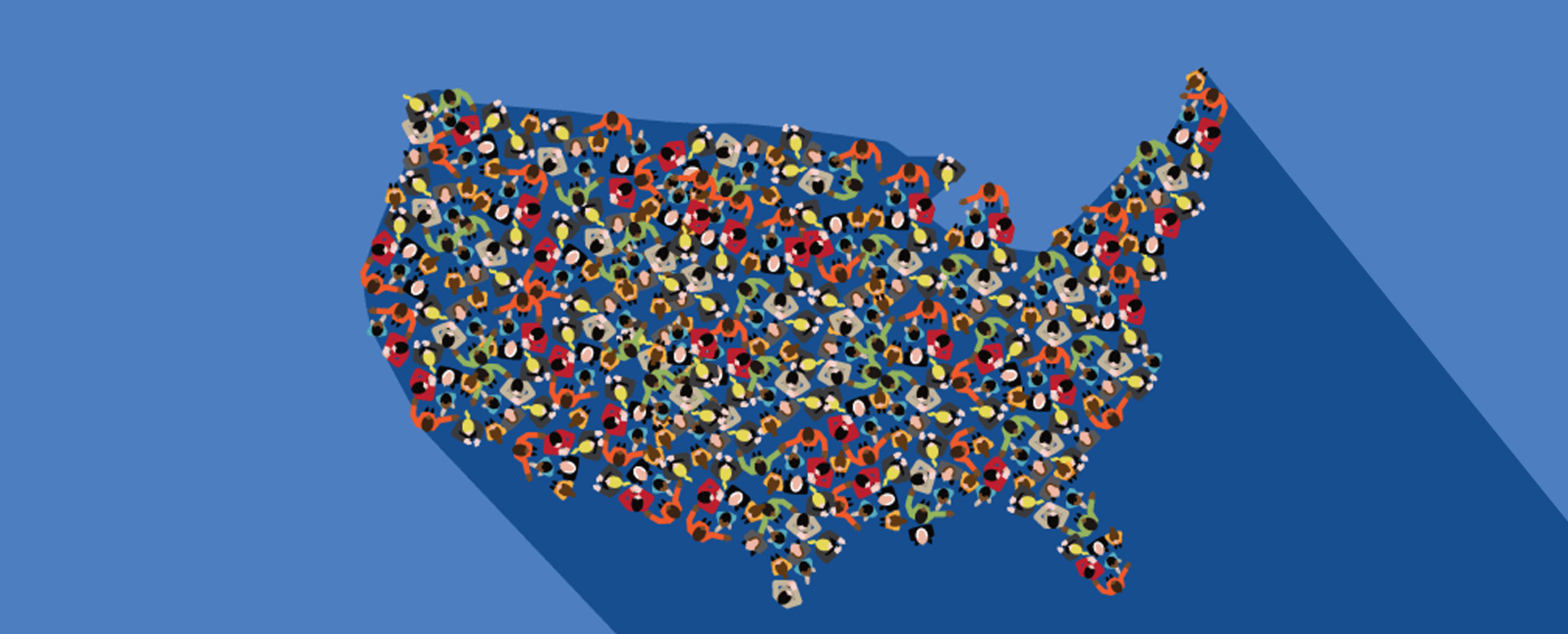How to Obtain an Online National Sample Stratified by Wealth

A Case Study From a Recent JESP Article
A new study appearing in the Journal of Experimental Social Psychology suggests Americans strongly believe in economic mobility because they fail to appreciate how vast wealth inequality really is. In this blog, we review the study and highlight how Prime Panels helped the author obtain a nationally stratified sample based on wealth, strengthening the study’s findings and generalizability.
Beliefs About Economic Mobility and Inequality
Economic mobility is integral to achieving the American Dream. If people cannot accumulate enough education, social standing, or wealth to rise above their parents’ standing, then the Dream dies. Or does it? New research by psychology professor Shai Davidai at The New School suggests that something more important than actual mobility, might be people’s subjective perceptions of mobility. In other words, even when actual rates of mobility are low, people can hold onto the American Dream simply by believing mobility is possible.
In a forthcoming paper, Davidai asked about (Study 1) and then manipulated (Studies 2-4) people’s perceptions of economic mobility. Across studies, he found that people accurately perceived a negative relationship between wealth inequality and economic mobility. That is, the studies showed that as inequality rises people expect mobility to decline and as inequality falls people expect mobility to rise. The puzzling part about this equation is that Americans strongly believe in mobility today even though inequality has been increasing for decades and the country is as uneven now as at any point since just before the Great Depression (Desilver, 2013). The question is why?
Davidai argues that part of the answer is people’s tendency to vastly underestimate the current extent of inequality. Previous research has shown that Americans think wealth is much more evenly divided than it really is (Norton Ariely, 2011). And, Davidai’s studies show that Americans from across the country and a variety of income groups all believe they are more likely to move up the social ladder when inequality is low than when it is high. Thus, it seems reasonable to infer that Americans believe in mobility because they underestimate inequality.
Stratified Sampling via Prime Panels
Unlike many psychology studies, Davidai’s research was strengthened by the participants he sampled. In study 3, he obtained a nationally stratified sample based on income. Using Prime Panels—a CloudResearch service that provides access to over 20 million participants—Davidai recruited just over 1100 participants evenly distributed across five income brackets (< $20,000, $20,000-$39,999, $40,000-$69,999, $70,000-$124,999, and > $125,000). People from all income groups perceived the same negative relationship between inequality and mobility, suggesting that beliefs about economic mobility are not restricted to a specific income level. Interestingly, people in higher income groups were more likely than those in lower groups to believe the current system is fair, but overall economic standing did not influence beliefs in mobility–something that may not have necessarily been predicted a priori. Although stratified sampling is rare in psychology studies, it could become more common as access to such samples becomes easier and cheaper with the use of online platforms such as Prime Panels.
In the case of Davidai’s work, Prime Panels helped reach a sample that is not easily obtainable on Mechanical Turk or other crowdsourcing platforms. For example, given MTurk’s size and average income level, it’s very difficult to sample 200 workers from each of the upper income brackets. Prime Panels, on the other hand, is a compilation of market research platforms that offers access to over 20 million participants. As a result of its size, Prime Panels allows researchers to target specific population segments or to sample lots of participants at the same time. In addition, because Prime Panels participants have not been exposed to many academic studies, they are more naive concerning common manipulations and measures within the social and behavioral sciences. We are currently working on research that quantifies and clarifies some of the differences between platforms like MTurk and Prime Panels. Nevertheless, many studies in psychology and other disciplines may benefit from recruiting samples on Prime Panels, like Davidai’s work did.
References
Davidai, S. (2018). Why do Americans believe in economic mobility? Economic inequality, external attributions of wealth and poverty, and the belief in economic mobility. Journal of Experimental Social Psychology, 79, 138-148. doi:10.1016/j.jesp.2018.07.012
Norton, M. I., & Ariely, D. (2011). Building a better America—One wealth quintile at a time. Perspectives on Psychological Science, 6, 9-12. doi:10.1177/1745691610393524

